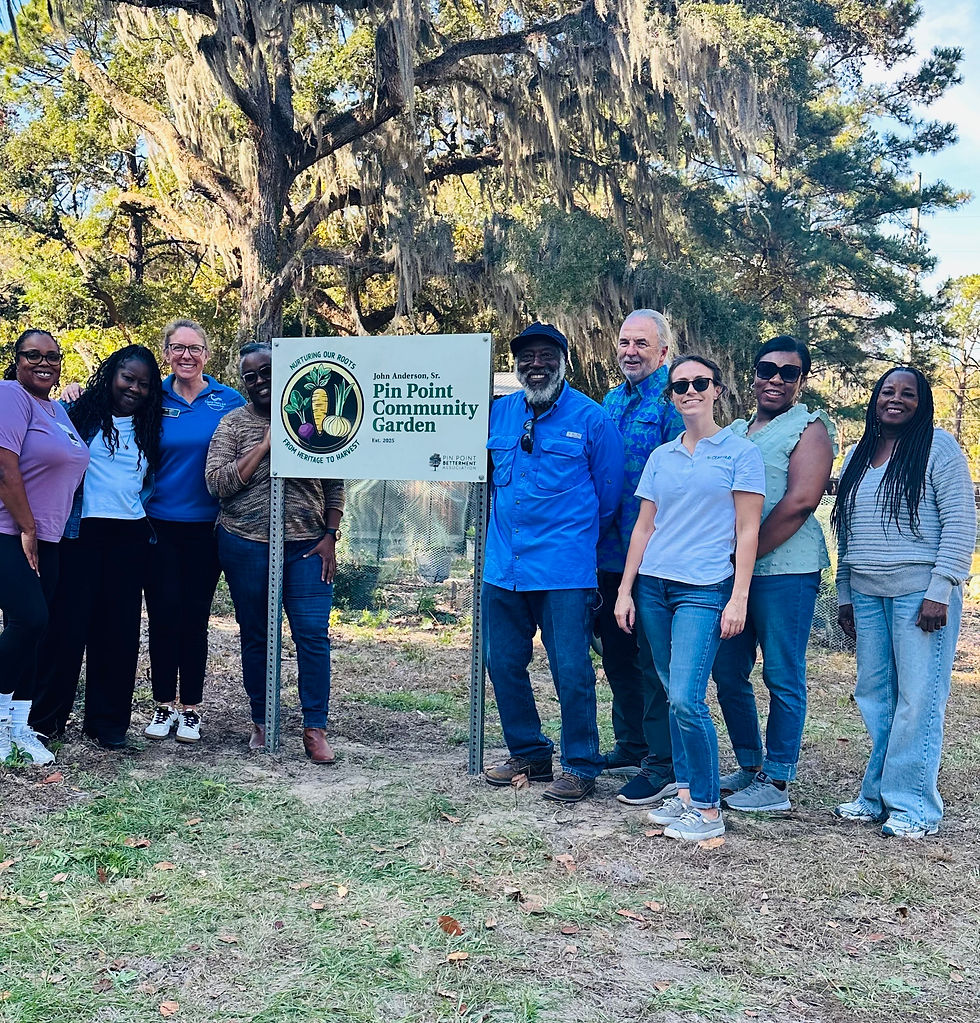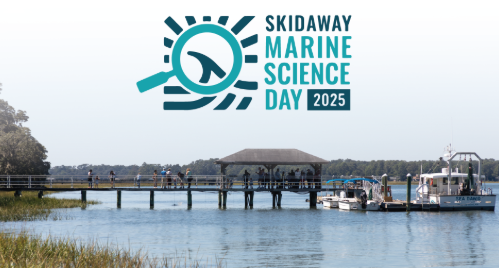Takeaways from the Southeast & Caribbean Disaster Resilience Partnership Annual Meeting
- kmorano83
- Feb 21, 2024
- 3 min read
Updated: Feb 28, 2024
The CEAR Hub was well-represented at the 8th Annual Southeast & Caribbean Disaster Resilience Partnership (SCDRP) Meeting, which took place January 22-24, 2024 in Savannah, GA. The meeting, which had the theme of "Moving the Needle on Equitable Preparation for and Adaptation to Natural Hazards," brought together climate resilience and disaster recovery professionals from public, private, and non-profit organizations throughout the Southeast and U.S. Caribbean territories. Meeting sessions focused on innovative cross-sector and public-private partnerships; the application of cutting-edge data, tools, and technologies to build resilience; strategies for collaborating across jurisdictional boundaries within the region; addressing inequities in resilience and recovery; and case studies of successful climate resilience initiatives. Kait Morano, CEAR Hub Resilience Planning Director, represents the State of Georgia on the SCDRP Advisory Board and also helped organize the event. Other CEAR Hub team members in attendance were Russ Clark, LaShonda Rosier, Dawud Shabaka, and Jazz Watts.
Highlighting the Power of Partnership
On the first full day of the meeting, Kait Morano, Jazz Watts, and Dawud Shabaka showcased the work of the CEAR Hub during an extended session focused on collaborative efforts to build community resilience. The session provided a platform for community partner-practitioner pairs to share their insights and experiences collaborating on resilience-related projects as well as discuss the challenges and opportunities of doing community-driven work in the region.

Moderated by Courtney Reich (Georgia Conservancy), Henry Saxon (Center for Sustainable Communities), and Rev. Dr. Gerald Durley (Waterkeeper Alliance, Interfaith Power & Light), the dynamic panel discussion also featured Nick Deffley (Southeast Sustainability Directors Network) and members of the EJ Strong project in South Carolina, including Keisha Long (South Carolina Department of Health and Environmental Control), Robert Reese (Lower Richland Community), Dan Kilpatrick (University of South Carolina), and Skip Mikell (Rosemont Neighborhood Council). Together, the panelists discussed how these partnerships leveraged academic and community expertise to develop equitable climate solutions tailored to specific local needs, and underscored the crucial role of partnership in navigating the complex challenges of climate change.

Showcasing Tools for Building Resilience
To kick off the second day of the SCDRP meeting, Russ Clark and Kait Morano, with help from Georgia Tech Ph.D. student Michelle Reckner and LaShonda Rosier, showcased some of the CEAR Hub's innovative tools and technology during the meeting's Data, Tools, and Technology Exposition.
At one table, Russ Clark displayed one of CEAR Hub's low-cost, internet-enabled Smart Sea Level Sensors. A network of these sensors is deployed on docks and bridges throughout coastal Georgia to monitor water levels in real-time. The hyper-local data from the sensors is visualized on a custom web portal and used to support emergency planning and response during flood events. Sensor observations also provide communities with important information for quantifying the short- and long-term risks associated with continued sea level rise.

At the same time, Kait Morano and Michelle Reckner demonstrated Map Spot, the creative and accessible map-making tool CEAR Hub uses for community engagement, asset mapping, and resilience planning, as well as in K-12 educational programs like Youth Advocacy for Resilience to Disasters (YARDs). Map Spot is a hybrid, versatile map-making tool that aims to empower people to tell their own stories about the places they live. Developed by the Local Data Design Lab at Georgia Tech and inspired by the St. Louis Map Room, Map Spot facilitates innovative discussions about community resilience and helps connect highly technical datasets, such as sea level trends, to the daily lived experience of residents.



